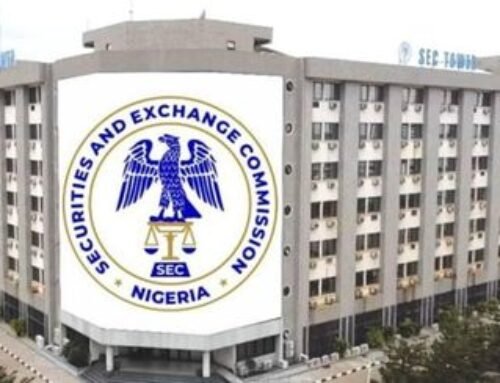
If properly done, credit rating becomes a barometer for measuring the prosperity and otherwise status of businesses operating either within the local or subnational, national and or global levels respectively, Prince Oladele Adeoye, a compliance expert has said.
Adeoye, who sits atop as Executive Director and Chief Rating Officer at DataPro Limited, Nigeria’s foremost technology-driven Credit Rating Agency (CRA) spoke at a one day training session tagged, ‘Media Coverage of Credit Rating Outcomes’ where journalists were trained on the fundamentals of credit rating in an emerging market economy like Nigeria.
According to him, the outcome of credit rating can either have a negative or positive effect on the rating entity; hence organisations take such exercise seriously.
Citing a hypothetical situation, Adeoye said companies who plan to source for funds at the stock market consider credit rating as a prerequisite for prospective investors.
While noting that certain set criteria such as due diligence analysis on the assets, liquidity status, capital strength, earnings profile, corporate governance, regulatory compliance, quality of management amongst others, must be fulfilled as a part of the rating process, the Financial Analyst was however quick to add that nothing is left to chance in the quest to get the true reflection of the company because of the importance attached it.
In his presentation, Prince Adeoye encouraged journalists to use information and key words as accurately as possible to form the basis of their reporting as the Rating Action press release contains complex information that can easily be misunderstood.
He further appealed to the journalists to ensure all references to a Rating House include a proper attribution regardless of the medium in which the rating is published or delivered. These references should include an effective date of the rating release and a link referring readers back to the Rater’s website for the full press release.
Fielding questions on Rating Expiry Date, Adeoye noted that a rating outcome carries a maximum shelf life of one year after which the Rating Agency can go ahead to renew.
The CRO went further to answer questions on the difference between Solicited and Unsolicited Rating and the issue of Rating Acceptance and Rejection.
According to him the disclaimer is to emphasise the independence of the Rating Agency as a giver of opinion, which should not be misconstrued as a marketing or sales approval for investors. This eventually ensures that rating agencies are not held liable for any final decisions made by the investors.
He also hinted of plans by DataPro Limited to sustain the initiative and hold it annually in March of every year in order to join forces with the media in deepening access to capital in Nigeria as a means of achieving economic prosperity and poverty reduction.






Leave A Comment